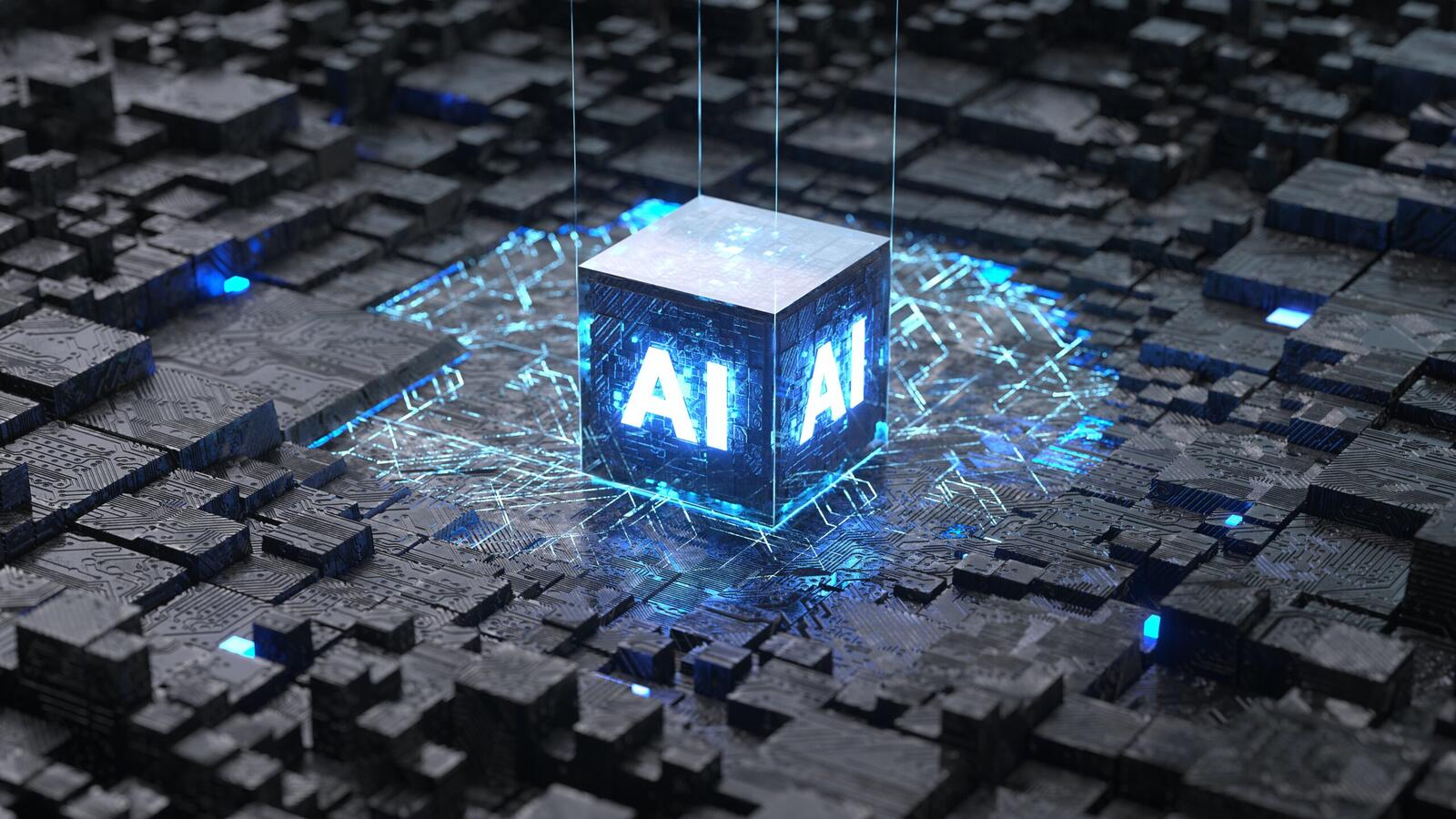Geoffrey Hinton and Yoshua Bengio, big names in artificial intelligence, are warning people strongly. They have come together with other top experts. They all agree on one thing: we need stricter rules for AI. Without these rules, our community life could face big problems.
They believe that control over AI is not strong enough right now, and this is dangerous. These experts want to make sure that everyone understands this risk. They are asking for more attention and action on this matter. They hope that with the right steps, we can make AI safe for everyone. They urge that AI companies should face legal consequences for any harm caused by their creations.
This collective of thinkers, including Stuart Russell, a computer science professor at the University of California, Berkeley, stresses the recklessness of enhancing AI capabilities without fully grasping how to ensure their safety. They point out the ironic reality that current regulations are tougher on sandwich shops than on AI firms.
Experts Suggest Concrete Steps Towards Safer AI
The concerned experts suggest several proactive measures. They believe governments and private companies should direct substantial parts of their AI research funding towards ensuring these systems are used ethically and safely. They also advocate for independent checks on AI labs and a solid licensing framework for those developing top-tier AI models.
Another recommendation is direct: tech companies should be held responsible for any preventable harm their AI systems may cause. This emphasis on accountability is meant to prevent the reckless development and deployment of AI technologies without regard to their possible negative consequences on society.
More from News
- A Levels: Advice From Top Entrepreneurs To Students Getting Results
- Time Is Money: How Are Business Owners Spending In 2025?
- How Will Federal Agencies Use ChatGPT Enterprise?
- Lycamobile Expansion In Italian Market Highlights Recent Retail Partnerships
- How Much Water Do Data Centres Actually Use?
- What Is Agentic AI?
- Did Sam Altman Remove ChatGPT 4o?
- Nearly Half Of Corporate Passwords Cracked In 2025 Cybersecurity Tests
The AI Safety Summit: A Gathering of Minds
These warnings coincide with a preparatory gathering of international politicians, tech company representatives, academics, and other stakeholders at Bletchley Park, focused on AI safety. This summit serves as a platform for discussing the existential threats that AI poses, including its potential use in large-scale criminal activities and its ability to disrupt social order.
Despite these concerted discussions and the urgency of the matter, there is no expectation for the summit to establish a global regulatory body for AI immediately. However, the participants aim to draft a statement acknowledging the severity of threats from advanced AI systems.
While many agree on the need for greater control and understanding of AI, not everyone sees eye to eye on the degree of threat it presents. Yann LeCun, another pivotal figure in AI and part of the summit, considers the idea that AI could wipe out humanity as far-fetched. Yet, the consensus remains that the uncontrolled development of autonomous AI systems could lead to undesirable and uncontrollable situations.
IBM CEO Weighs In on the Discussion
Echoing the sentiments for accountability, Arvind Krishna, IBM CEO, has voiced his opinion that companies involved in developing and deploying AI should be legally liable for any ensuing harm caused by the technology. He believes that the potential for court consequences will motivate companies to develop safer systems. This stance positions IBM in contrast with other tech firms seeking minimal regulatory interference.
During discussions with lawmakers, Krishna stressed the importance of accountability, especially in scenarios where AI is used in critical infrastructure. He also expressed opposition to blanket immunity for AI developers, emphasising that rules need to be established by appropriate authorities.
Protective Measures by Tech Companies
In response to growing concerns, some tech companies are taking self-regulatory steps. IBM, for instance, has offered legal protection to clients who might unintentionally infringe on copyright laws using its AI. This action is seen as a precedent, encouraging a culture of accountability within the industry.
The call for safer AI is growing louder among experts and industry leaders. The push for more stringent regulations and the adoption of self-regulatory practices by companies reflect the increasing acknowledgment of the potential risks posed by unchecked advancements in AI. Ongoing discussions and the upcoming summit may be steps to establishing global standards and practices that ensure AI develops in a manner that is safe for all of society.



